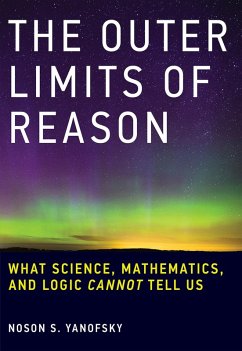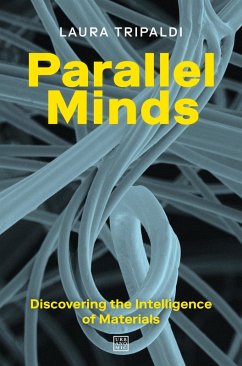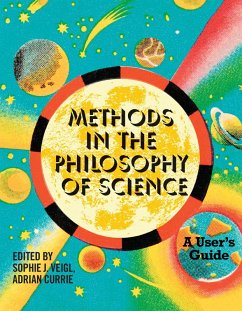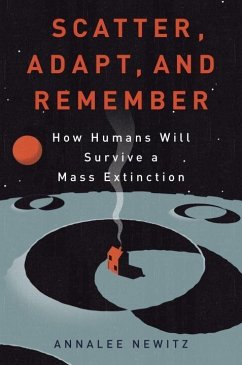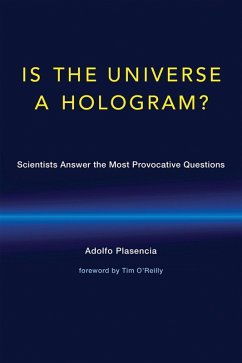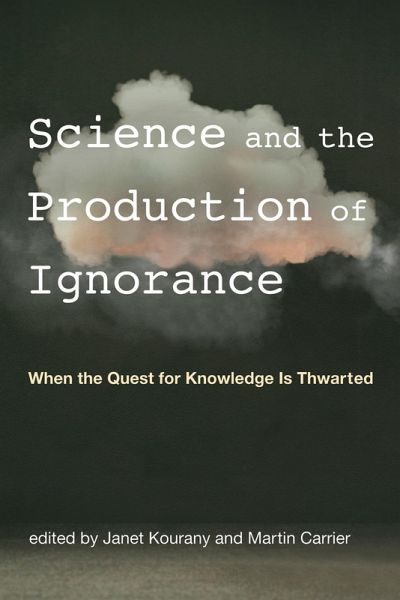
Science and the Production of Ignorance (eBook, ePUB)
When the Quest for Knowledge Is Thwarted
Redaktion: Kourany, Janet; Carrier, Martin

PAYBACK Punkte
13 °P sammeln!
An introduction to the new area of ignorance studies that examines how science produces ignoranceboth actively and passively, intentionally and unintentionally.We may think of science as our foremost producer of knowledge, but for the past decade, science has also been studied as an important source of ignorance. The historian of science Robert Proctor has coined the term agnotology to refer to the study of ignorance, and much of the ignorance studied in this new area is produced by science. Whether an active or passive construct, intended or unintended, this ignorance is, in Proctor's words, ...
An introduction to the new area of ignorance studies that examines how science produces ignoranceboth actively and passively, intentionally and unintentionally.
We may think of science as our foremost producer of knowledge, but for the past decade, science has also been studied as an important source of ignorance. The historian of science Robert Proctor has coined the term agnotology to refer to the study of ignorance, and much of the ignorance studied in this new area is produced by science. Whether an active or passive construct, intended or unintended, this ignorance is, in Proctor's words, made, maintained, and manipulated by science. This volume examines forms of scientific ignorance and their consequences.
A dialogue between Proctor and Peter Galison offers historical context, presenting the concerns and motivations of pioneers in the field. Essays by leading historians and philosophers of science examine the active construction of ignorance by biased design and interpretation of experiments and empirical studies, as seen in the false advertising by climate change deniers; the virtuous construction of ignorancefor example, by curtailing research on race- and gender-related cognitive differences; and ignorance as the unintended by-product of choices made in the research process, when rules, incentives, and methods encourage an emphasis on the beneficial and commercial effects of industrial chemicals, and when certain concepts and even certain groups' interests are inaccessible in a given conceptual framework.
Contributors Martin Carrier, Carl F. Cranor, Peter Galison, Paul Hoyningen-Huene, Philip Kitcher, Janet Kourany, Hugh Lacey, Robert Proctor, Londa Schiebinger, Miriam Solomon, Torsten Wilholt
We may think of science as our foremost producer of knowledge, but for the past decade, science has also been studied as an important source of ignorance. The historian of science Robert Proctor has coined the term agnotology to refer to the study of ignorance, and much of the ignorance studied in this new area is produced by science. Whether an active or passive construct, intended or unintended, this ignorance is, in Proctor's words, made, maintained, and manipulated by science. This volume examines forms of scientific ignorance and their consequences.
A dialogue between Proctor and Peter Galison offers historical context, presenting the concerns and motivations of pioneers in the field. Essays by leading historians and philosophers of science examine the active construction of ignorance by biased design and interpretation of experiments and empirical studies, as seen in the false advertising by climate change deniers; the virtuous construction of ignorancefor example, by curtailing research on race- and gender-related cognitive differences; and ignorance as the unintended by-product of choices made in the research process, when rules, incentives, and methods encourage an emphasis on the beneficial and commercial effects of industrial chemicals, and when certain concepts and even certain groups' interests are inaccessible in a given conceptual framework.
Contributors Martin Carrier, Carl F. Cranor, Peter Galison, Paul Hoyningen-Huene, Philip Kitcher, Janet Kourany, Hugh Lacey, Robert Proctor, Londa Schiebinger, Miriam Solomon, Torsten Wilholt
Dieser Download kann aus rechtlichen Gründen nur mit Rechnungsadresse in A, B, BG, CY, CZ, D, DK, EW, E, FIN, F, GR, HR, H, IRL, I, LT, L, LR, M, NL, PL, P, R, S, SLO, SK ausgeliefert werden.




